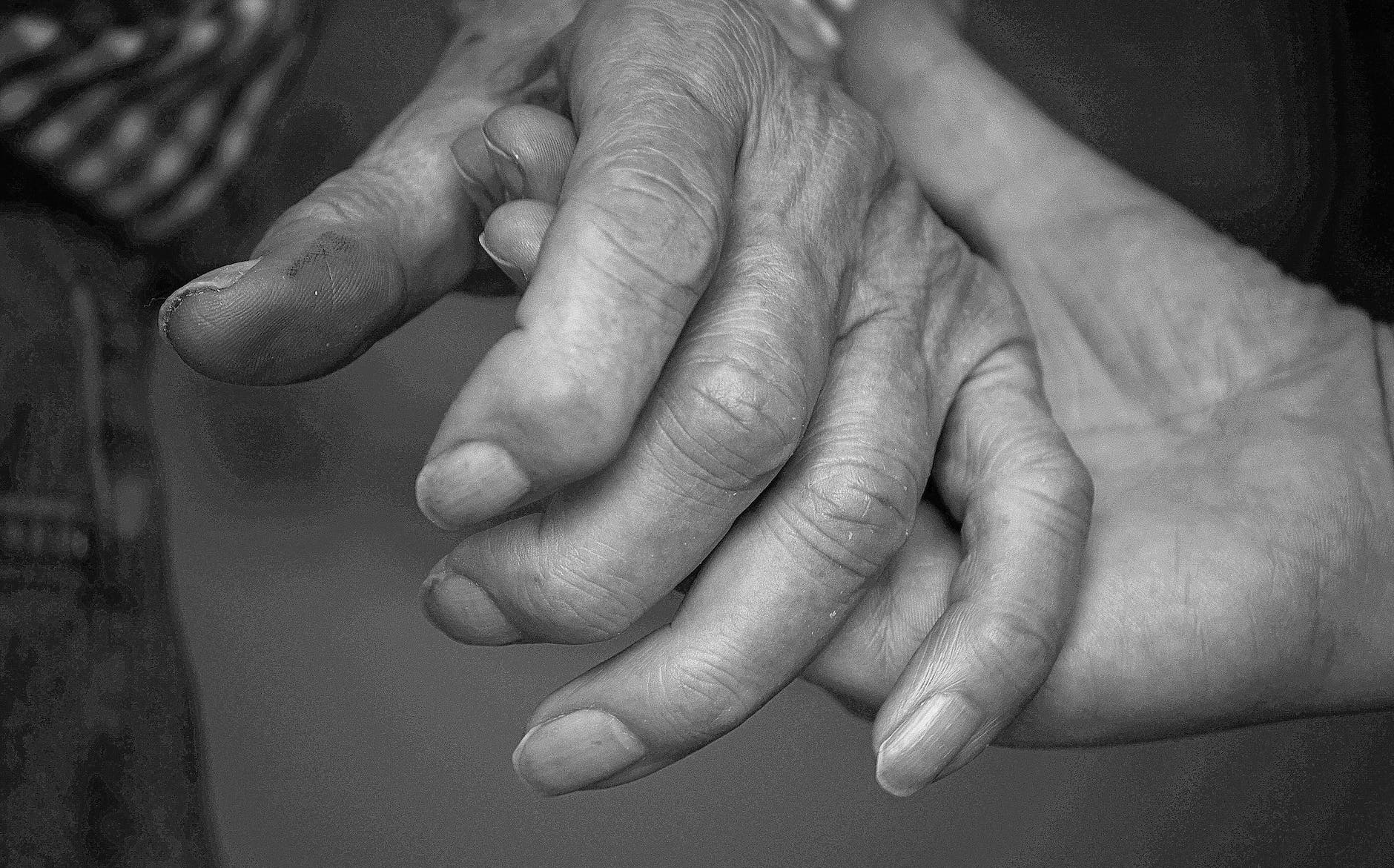Dementia is a complex condition that affects millions of individuals and their families worldwide. If you have a loved one who has been diagnosed with dementia, it is essential to provide them with the care and support they need to lead a fulfilling life. In this blog post, we will explore practical tips and strategies for supporting a loved one with dementia. Read on to discover how you can make a difference in their quality of life.
1. Educate Yourself
Understanding dementia is crucial for providing appropriate support. Take the time to educate yourself about the different types of dementia, its symptoms, and the progression of the disease. This knowledge will help you anticipate and manage the challenges that may arise.
2. Communicate with Empathy
Communication can be difficult for individuals with dementia. Use simple words, speak slowly, and maintain a calm and positive demeanor. Non-verbal cues, such as facial expressions and body language, are also essential for conveying your message effectively.
3. Create a Safe Environment
Make modifications to the home environment to reduce hazards and promote independence. Install handrails, remove clutter, and ensure good lighting to enhance their safety. Keeping familiar and cherished items within the environment can also provide comfort and a sense of familiarity.
4. Establish Routines
Consistency and structure are vital for individuals with dementia. Establishing daily routines can help reduce confusion and anxiety. Encourage your loved one to engage in activities they enjoy, such as hobbies, gentle exercises, or music therapy.
5. Provide Social Engagement
Maintaining social connections is crucial for individuals with dementia. Arrange regular visits with friends and family, or consider joining local support groups where they can interact with others going through similar experiences. Social engagement can improve mood and cognitive function.
6. Assist with Daily Activities
As dementia progresses, your loved one may face challenges with daily activities like bathing, dressing, and meal preparation. Offer assistance while still encouraging them to do as much as they can independently. Break tasks into smaller, manageable steps, and provide gentle guidance when necessary.
7. Promote Mental Stimulation
Engaging in mentally stimulating activities can help slow down cognitive decline. Encourage your loved one to solve puzzles, read books, or engage in hobbies that align with their interests. Cognitive exercises and memory games can also assist in maintaining mental agility.
8. Look After Your Well-being Too
Supporting a loved one with dementia can be emotionally and physically demanding. Take care of your own well-being to ensure you are better equipped to provide support. Maintain a healthy lifestyle, seek support from others, and consider respite care if needed.
9. Seek Professional Help
Dementia care can be complex, and you don’t have to face it alone. Consult with medical professionals, such as geriatricians or dementia specialists, to gain insight into available treatment options and strategies for managing the condition effectively. They can provide guidance and support tailored to your specific situation.
10. Embrace Moments of Joy
Dementia may bring challenges, but it is essential to cherish moments of joy and connection with your loved one. Engage in activities that bring happiness and make memories together. Focus on the present and treasure the special moments you share.
Supporting a loved one with dementia requires patience, understanding, and flexibility. By implementing these strategies and providing a nurturing environment, you can enhance their well-being and contribute to a higher quality of life.
Remember, every individual’s dementia journey is unique, and what works for one may not work for another. Adjust your approach based on your loved one’s specific needs and preferences. Providing ongoing, unconditional support can make a significant difference in their overall well-being.
If you need further guidance or assistance, consider reaching out to local dementia organizations or support groups. They can provide additional resources and help connect you with valuable support networks.
To learn more about dementia and related topics, feel free to explore our website or get in touch with our team. Together, we can make a positive impact on the lives of those living with dementia and their families.



Leave a Reply